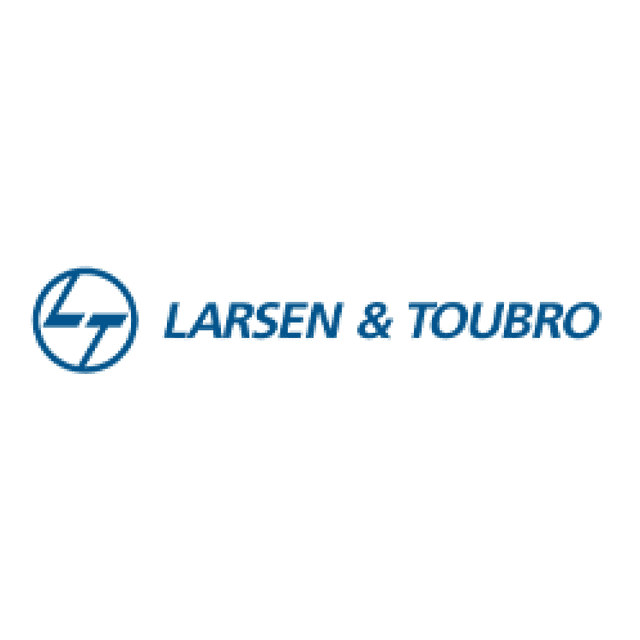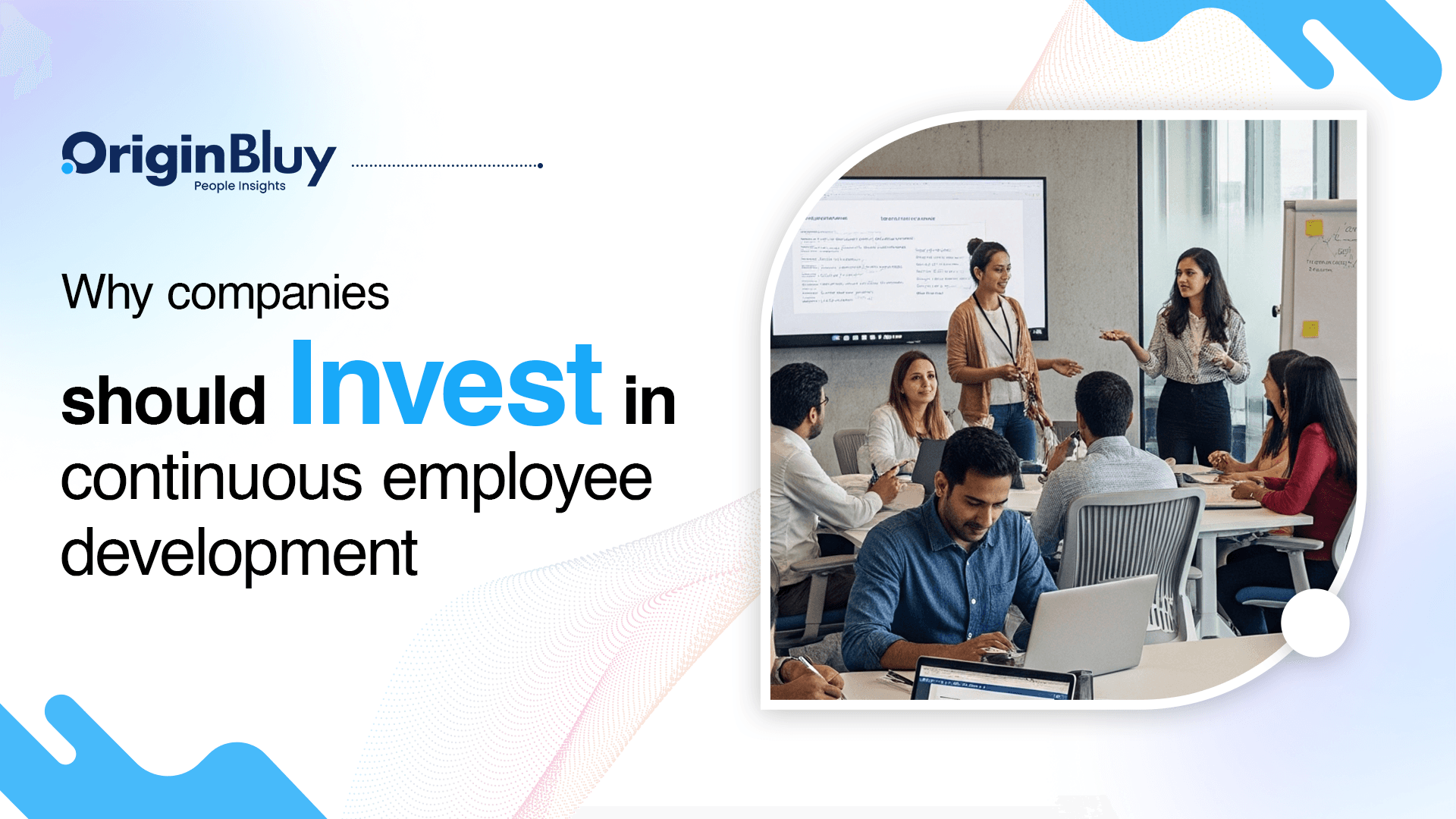In a period defined by disruption, speed, and constant innovation, corporate training is no longer just an HR function—it is a strategic asset that drives success from the ground up. From onboarding and leadership development to reskilling for emerging technologies, corporate training ensures employees stay equipped, motivated, and aligned with company goals.
What Is Corporate Training?
Corporate training refers to structured learning programs that enhance an employee’s skills, knowledge, and job performance. It can cover a broad range—from using software and managing teams to building emotional intelligence and fostering inclusive work cultures. At its core, corporate training promotes continuous improvement and adaptability within organizations.
Why Now More Than Ever
Technological advances like AI and automation are reshaping job roles. Meanwhile, employee expectations—especially among Gen Z—demand growth opportunities, purpose, and flexible learning models. Organizations must redesign their learning ecosystems to deliver training that is relevant, accessible, and future-focused.
What Makes a Good Corporate Training Program?
- Technical skills training: Equips employees to operate tools, platforms, and systems efficiently.
- Soft skills development: Enhances communication, conflict resolution, time management, and collaboration.
- Compliance training: Ensures awareness of legal regulations and ethical standards.
- Leadership development: Prepares high-potential individuals for senior roles with confidence and clarity.
Effective programs blend these elements to support both immediate role success and long-term employee growth.
Organizational Benefits: More Than Just Learning
Corporate training boosts productivity, reduces errors, and aligns teams with company culture. It strengthens risk awareness, builds leadership pipelines, and signals appreciation—raising morale and lowering attrition rates.
What Does It Mean for Employees?
For employees, training is a key driver of confidence, competence, and career advancement. It empowers them to overcome challenges, take on new responsibilities, and find greater satisfaction in their roles.
Why Corporate Training Is So Pressing Today
The fast-changing job landscape demands reskilling and upskilling. As remote work and digital-first communication become the norm, training must also evolve to be flexible and engaging. Companies that respond with robust training will thrive through change and shape the future of their industries.
How to Build a Strong Corporate Training Strategy
- Start with clarity: Conduct needs analysis to identify skill gaps and align with business goals.
- Use blended modalities: Combine in-person, virtual, and self-paced learning to fit diverse preferences.
Conclusion: Training as a Strategic Imperative
Corporate training is the cornerstone of future-proofing the workforce. In an evolving world, companies that prioritize learning will adapt faster, innovate better, and retain top talent. By fostering a culture of lifelong learning, organizations invest not just in their people—but in their long-term success.



























